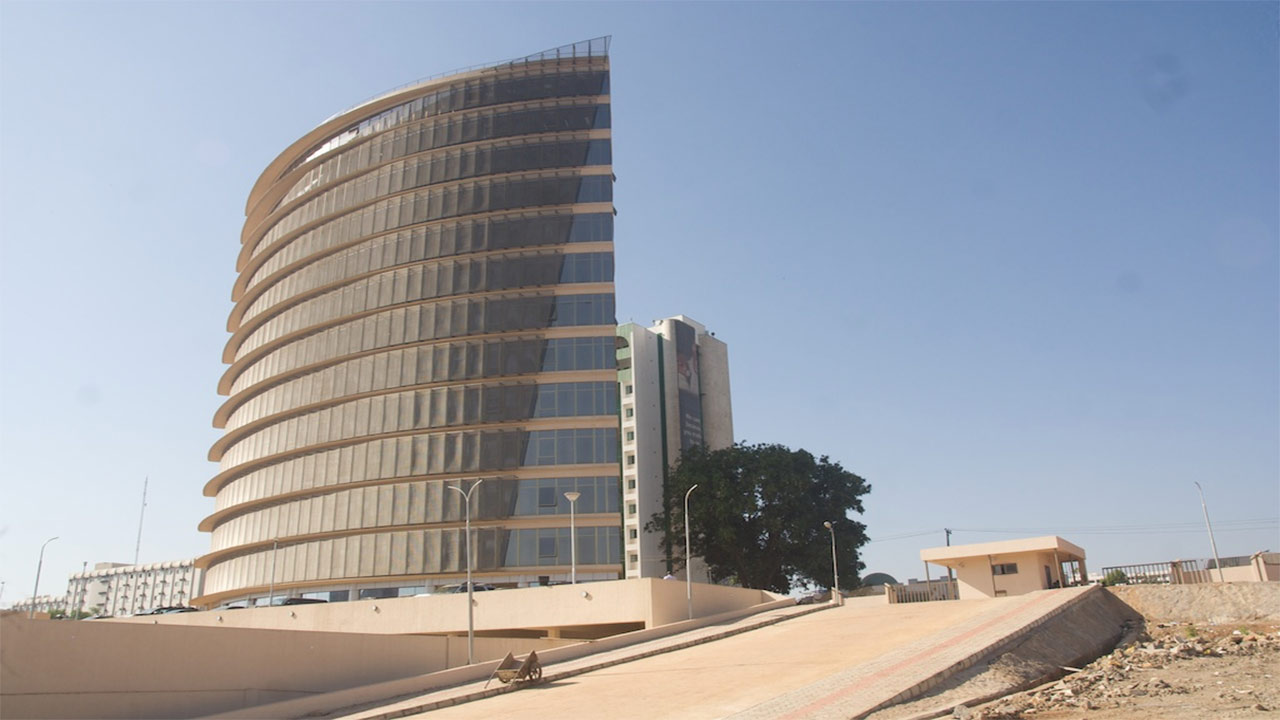Vice President Yemi Osinbajo says the African Development Bank (AfDB) has agreed to support Micro Small and Medium Enterprises(MSMEs), especially technology-based ones with 500 million dollars in Nigeria.
Osinbajo disclosed this on Sunday at the 33rd Inaugural Lecture of Babcock University, Ilishan Remo, Ogun. The institution’s 33rd Inaugural Lecture was delivered by Oluseyi Oduyoye, Professor of Business Administration.
The title of the lecture is, “From Small Business to Big Business: A Future with Little Hope”. The vice president said that one of the things the Federal Government did with small businesses during the COVID-19 pandemic and afterward was the introduction of the MSMEs Survival Fund.
He explained, “the MSMEs Survival Fund gave almost a million businesses support after the pandemic.
“We paid three months salary of several of the MSMEs especially private schools such as-private primary schools, private secondary schools; we paid for teachers and also for several other businesses.
“I think the statistics will be useful, especially as you further research and work; and so much have been done.
“But as I keep saying, it is a large country; a very big country; in order to deal with all those issues and in order to support more businesses in a way that they ought to be supported, a lot more money is needed.
“And just one final point on that, the AfDB has agreed to support the government with 500 million dollars for MSMEs in technology in particular; so, we think this is something that will be very helpful in addition to the N75 billion, which the government has set aside for young people in small businesses.”
According to him, support for small businesses must continue as they are the future of the country. He said that the support given to MSMEs had brought hope, jobs and opportunities. Osinbajo commended also the Seventh Day Adventist Church for the investment it had made in education.
The vice president said that the church’s gesture was worthy of emulation for other religious organisations.
“The real work of ministering is a work of ministering to the people, especially those who cannot afford to do many of those things themselves.
“The work that the ministries did was the reason the likes of Oduyoye and I are here.
“Because our college (Igbobi College) was one that was founded by two Christian missions–the Anglican and Methodist missions–and they gave quality education at a cheap rate so that we were able to afford it and several of us were able to go to school and be the people we are today.
“So, I believe that it is very important that religious organisations see this as primary in all of the tasks and all of the things they choose to do.
“So, I want to commend the church for this and again, to congratulate dear brother and friend, Oduyoye,” he said.
Earlier, in his lecture, Oduyoye said that small businesses constituted a vibrant part of major economies of the world. He said that MSMEs were responsible for employing more than 47 percent of workers in the private sector in 2019.
He recommended that government at all levels, especially the Federal Government, should go the extra mile to support small businesses. Oduyoye said that insurance should be encouraged to mitigate the losses of small businesses.
In his opening remarks, Babcock University’s Vice-Chancellor, Prof. Ademola Tayo, said the lecture was in keeping with the tradition of the university in which new professors introduced their research work to the world. (NAN)

 Forex3 weeks ago
Forex3 weeks ago


 Naira2 weeks ago
Naira2 weeks ago
 Billionaire Watch2 weeks ago
Billionaire Watch2 weeks ago




 Naira2 weeks ago
Naira2 weeks ago




 Naira4 weeks ago
Naira4 weeks ago




 Naira2 weeks ago
Naira2 weeks ago


 Naira1 week ago
Naira1 week ago
 Banking Sector4 weeks ago
Banking Sector4 weeks ago


















